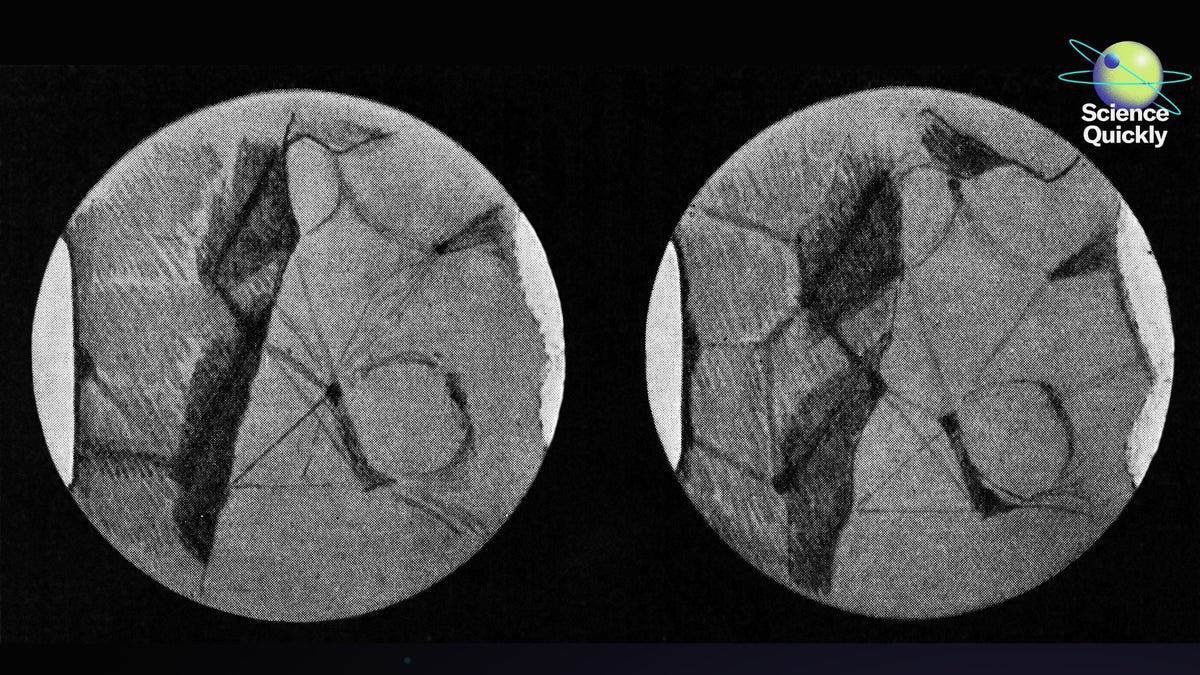
"First up, we have a story from freelance health and life sciences journalist Diana Kwon about nerve regeneration. For millennia doctors and scientists believed that any damage to the nerve cells that carry signals throughout the body must be irreversible. While many instances of nerve damage are, indeed, difficult to treat, scientists have realized over the past couple of centuries that nerves can and do regenerate."
"Throughout this evolution in our understanding of nerves it was still widely believed that neurons within the central nervous system, composed of the brain and spinal cord,were incapable of healing. Now we know that even these most precious neurons can regenerate under the right conditions. As research continues into exactly which mechanisms encourage (or block) neural regeneration throughout the body, scientists are also engaged in another debate: whether human brains are capable of producing new neurons throughout adulthood."
For millennia, doctors and scientists believed damage to nerve cells that carry signals throughout the body was irreversible. Over the past two centuries researchers have realized that many nerves can and do regenerate, although some damage remains difficult to treat. Neurons within the central nervous system, including those in the brain and spinal cord, were long considered incapable of healing; under the right conditions some of these neurons can regrow. Researchers continue to investigate mechanisms that encourage or block neural regeneration across the body. Scientists also debate whether adult human brains generate new neurons, and a growing body of evidence supports adult neurogenesis.
Read at www.scientificamerican.com
Unable to calculate read time
Collection
[
|
...
]